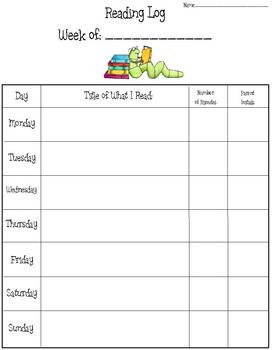Why bother paying dues to the MEA?
After all, the MEA isn't doing anything specifically for you. The lawyers they retain are not working on your behalf. The court cases that they are currently fighting in our state to ensure that teachers get fair representation and are not terminated because they are expensive, or old, or argumentative...these cases don't have anything to do with you. Those people are old and expensive and mouthy. Not you. Your job is not in jeopardy.
And those same lawyers who are fighting for the 3% that was illegally taken out of paychecks and is now sitting in escrow -- that doesn't have anything to do with you. That money was taken out of their paychecks, not out of yours. Those people want their money back. It doesn't affect you.
Why bother supporting a union that employs lobbyists? Those lobbyists don't represent your political interests. They are currently wasting time and money trying to make sure that Representative Garcia's bill to make calendar a prohibited topic is defeated. But the school calendar doesn't have anything to do with you. You don't have any interest in when school starts, when it ends, when holidays are, how professional development is mandated, and what would be best for local communities. Those people have an educated opinion about what the school calendar should look like. Not you.
Those lobbyists are wasting time trying to make sure that all of the terrible bills meant to punish Detroit teachers and students, like taking away the right for teachers to have a sick day, and taking away the right for teachers to point out that there are terrible building conditions, overcrowded classes, and dangerous mold in classrooms. But those people...they don't have anything to do with you. You do not have mold in your classroom, dangerous building conditions, and overcrowded classes. And you most definitely will not call in sick. Those people should deal with those issues. These are not your issues.
Why bother paying for liability and legal services? You won't need it. Those people are the ones who get accused of terrible things by students and parents. Not you. That will never happen to you. And your money shouldn't have to go towards legal fees for those people.
Why bother standing in solidarity with those people in poor, minority schools who are losing their buildings, their resources, their health, their jobs, their dignity? Those people are in other districts. Those people got themselves into those situations. You are not in those districts. You do not teach those students. Those people need to figure out their own solutions. It's none of your concern.
Why bother supporting your local leaders, who negotiate your contract and your benefits every year? That is, after all, their choice. It is their choice to dedicate hours away from their family to negotiate for the district. It is their choice to spend countless hours with the superintendent instead of with their own children. It is their choice to spend hundreds of dollars of their own money each year on babysitters so that they can attend workshops that help them understand the laws, the current legal issues, and the financial situation of the state and of the districts. You didn't force them to negotiate your contract. That's their choice. It has nothing to do with you. If that's how they want to spend their time and their money, so be it. And when your local leaders dedicate hours of their time meeting with administration to go over evaluations, or sit through disciplinary meetings...that is their choice. When they fight against privatization year after year in order to maintain local staff and services? Their choice. And when these same local leaders spend their planning periods working with teachers who are struggling with district mandates...you didn't ask them to do that.
Why bother being a part of the local group that donated two month's worth of costs to the Ronald McDonald house to support a staff member in need? That was the group's choice to spend their money that way. That staff member who had to live at the Ronald McDonald house? That wasn't you. That was them. Those people. Not you.
And why bother being part of a group who spent time drawing up a letter of agreement with the district so that sick days could be donated to staff members who had run out of them? Those people run out of sick days. Not you.
Why bother to pay a union that does nothing for you? Sure, they have made sure that your working conditions are safe, and they have dedicated years to fighting for equal pay regardless of gender and race...but things are equal now. You get paid the same as everyone else, whether you are in the union or not. You still get your paycheck. You still get your benefits. That inequality stuff is all ancient history. It doesn't matter anymore. Those people are just fat cats, living off your dollar. And you have better things to do with your money than support a union. Unions are for those people. Not you.
So why bother?












